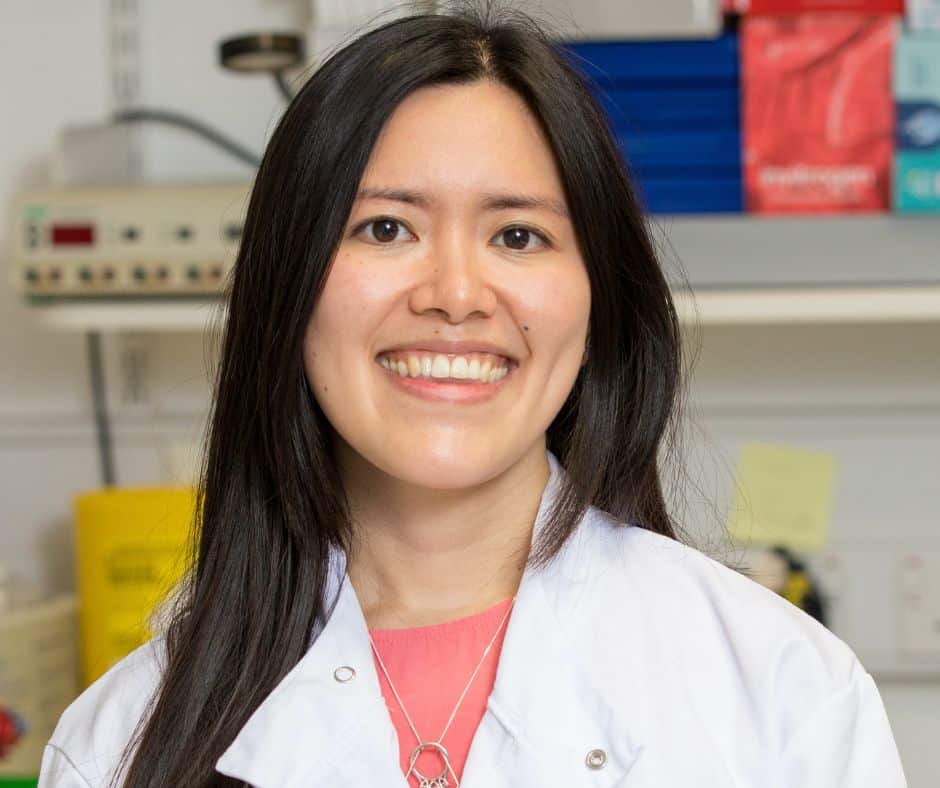Meet the Researcher: Charleen Chan
In 2023 Oracle Cancer Trust awarded Charleen Chan, Institute of Cancer Research, funding for her research project “Dynamics of T-cell-driven immune responses to radiotherapy and immunotherapy in a HPV16- positive model of Head and Neck Squamous Cell Carcinoma”. This research investigates the underwhelming results of combining radiotherapy, chemotherapy, and immunotherapy in clinical trials for Head and Neck cancer. Examining T-cell responses in mouse models, the study seeks to understand and improve treatment efficacy, offering insights into optimal combinations and potentially reducing chemotherapy and radiotherapy doses to mitigate side effects in patients.
When did you first know that you wanted a career in research?
Through my training in clinical oncology I have seen first-hand how rapidly the field of treatment options for our patients can change based on new research findings and discoveries. This has made me want to be involved in research that can impact on clinical treatment.
How did you come to specialise in Head and Neck cancer?
I worked with Head and Neck cancer patients during my clinical oncology training at Guy’s and St Thomas’ NHS Trust and The Royal Marsden NHS Trust. Head and Neck cancer affects such a wide range of demographics and both diagnoses and treatment can have such a profound impact on patients’ self-image and quality of life. I applied for a PhD investigating radiotherapy and immunotherapy combinations in Head and Neck cancer as this is an exciting area of research we hope will result in positive outcomes for patients.
What is the take home message of your research?
My research aims to investigate the dynamics of T-cell driven immune responses in locally-advanced Head and Neck Cancer. Understanding how T-cells change in activity and function over time when treatments are given can help guide us as to the best method of delivering these treatments and combining them with other agents such as immunotherapy.
Why did this research need to be done?
There has been increasing interest in treatments that boost the body’s immune response against cancer (immunotherapy) to lead to long-lasting tumour control. Combining both radiotherapy and immunotherapy treatments in Head and Neck cancer has shown to be promising in the laboratory setting. Unfortunately, clinical trials testing these combinations in humans have thus far been disappointing. The reason behind why these clinical trials have failed is unknown and there is clearly a gap in translating laboratory findings to clinical trials. My project hopes to investigate the reasons for this by tracking T-cells which are important in kick-starting and sustaining our anti-cancer immune response. We hope that understanding this can help guide us as to the best method of delivering current and new treatments.
What have you learnt along the way?
I have learnt that research plans evolve and change depending on new results. It is important to keep an open mind and always ask the ‘why’.
What difference will this make to patients?
I hope that my research into standard-of-care treatments in Head and Neck cancer will be able to better guide combinations of radiation with novel agents such as immunotherapeutics. Particularly in light of recently failed clinical trials, the aim is to provide improve outcomes as well as provide better quality of life for patients.

Using the power of football to help prevent cancer
This week, Oracle Head & Neck Cancer UK has launched an important awareness campaign in partnership with Bromley FC, using the reach of football to shine a light on head and neck cancer prevention and the life-saving importance of the HPV vaccine. Throughout the week, Bromley FC is sharing trusted health information with its supporters,…
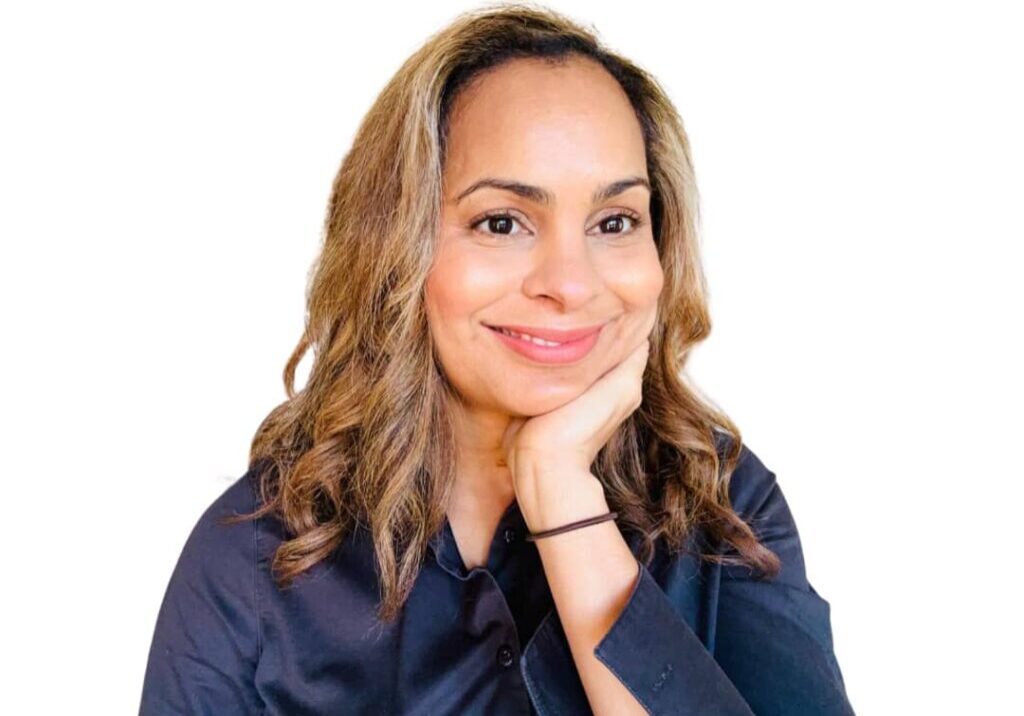
Cancer Care: Why Mental Health Support Must Be Part of Every Cancer Journey
Oracle Head & Neck Cancer UK is proud to support the Daily Express Cancer Care campaign, a powerful series that shines a light on the often unseen emotional toll of cancer – and the urgent need for better psychological support for everyone affected. The campaign published over the past three weeks featured voices from across…
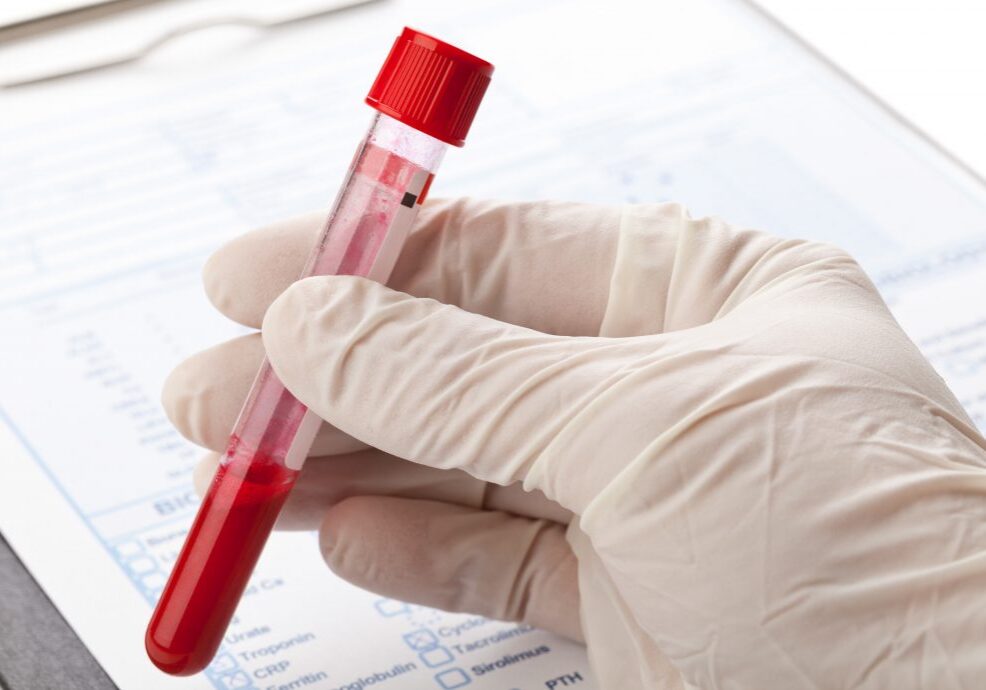
Ground-breaking blood test shows promise for early detection of head & neck and other hard-to-screen cancers
A new large-scale trial has found that the blood-based screening test known as Galleri test can detect more than 50 types of cancer – including cancers of the head and neck, which currently have no routine screening programme – and may significantly boost early diagnosis. The trial showed that, when used alongside existing screening methods,…

2 Minutes to Save Your Life: Oracle Launches HeadNeckCheck Campaign for Make Sense Week
This Make Sense Week (15-20 September), the European-wide head and neck cancer awareness initiative, Oracle Head & Neck Cancer UK, is championing both prevention and early detection – recognising that stopping cancer before it starts is just as vital as catching it early. Two Ways to Fight Cancer This Week Prevention Today: Head and neck…
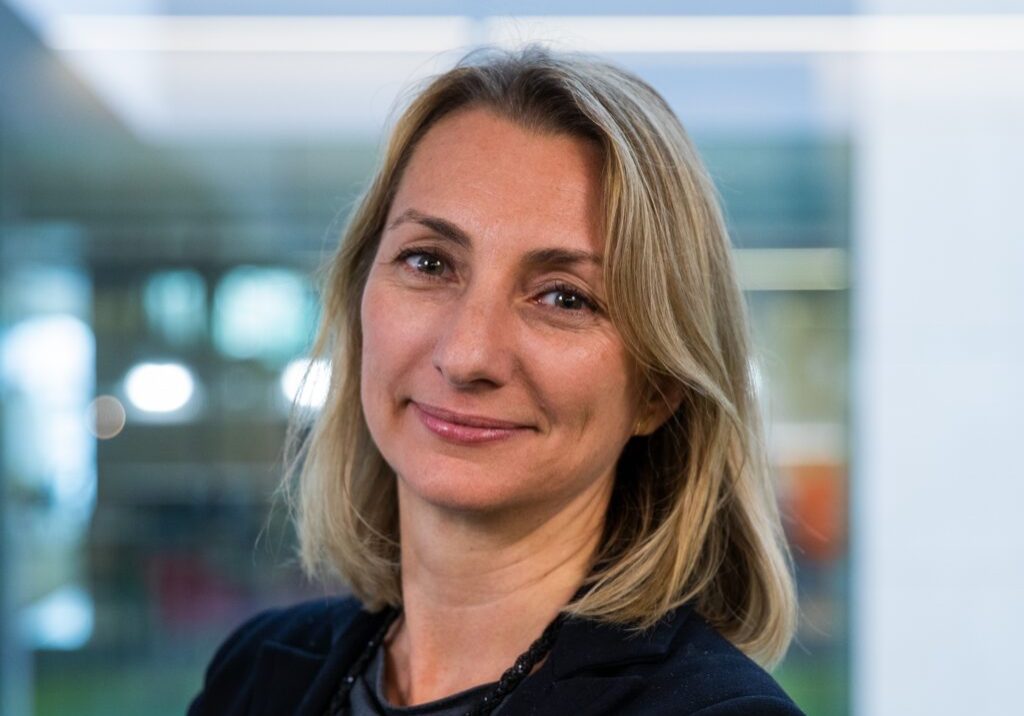
Leadership update
After four successful years as CEO, Tamara Kahn has transformed Oracle into a respected national voice for head and neck cancer patients. She established a national presence, created a four-pillar RACE strategy (Research, Awareness, Collaboration and Patient/Community Engagement) and built strong policy influence. With these foundations now firmly in place, Tamara will transition from her…

Finding Light in Adversity: Seven inspiring stories through head and neck cancer
A new collection of patient stories from Oracle Head and Neck Cancer UK reveals how individuals facing head and neck cancer have discovered unexpected sources of strength, purpose and even joy during their treatment and recovery. The seven contributors share remarkably similar themes despite their unique journeys. Almost all emphasise the power of maintaining a…

NHS to fast-track patients with head and neck cancer into cancer vaccine trial
Patients with advanced head and neck cancers in England will be fast-tracked into a trial of a new cancer vaccine, as the NHS expands its world-leading trial ‘match-making’ service. The investigational cancer vaccine uses mRNA technology to help the immune system recognise and kill cancer cells containing human papillomavirus proteins. More than 100 patients with advanced head…

World Head and Neck Cancer Awareness Day 2025: The HPV Vaccine Could Save Your Life
27th July 2025 This World Head and Neck Cancer Awareness Day, Oracle Head and Neck Cancer UK has a simple but urgent message: HPV vaccination saves lives. With HPV-related head and neck cancers having doubled in the past 20 years, the charity is using today to remind the public that these devastating cancers are preventable…
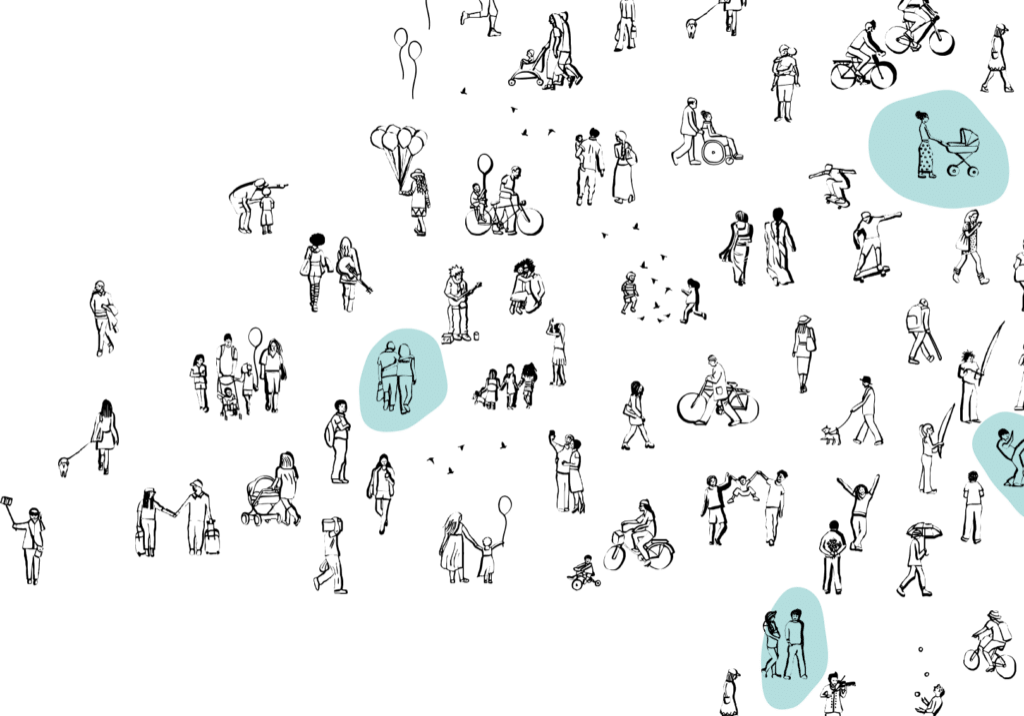
Data from the National Disease Registration Service on HPV associated and HPV independent oropharyngeal squamous cell carcinoma
The Get Data Out Programme from the National Disease Registration Service (NDRS), part of NHS England, has published statistics on incidence, routes to diagnosis and treatment for patients diagnosed with oropharyngeal cancer in England by human papillomavirus (HPV) status. To our knowledge this is the first time data on oropharyngeal cancer by HPV status has…
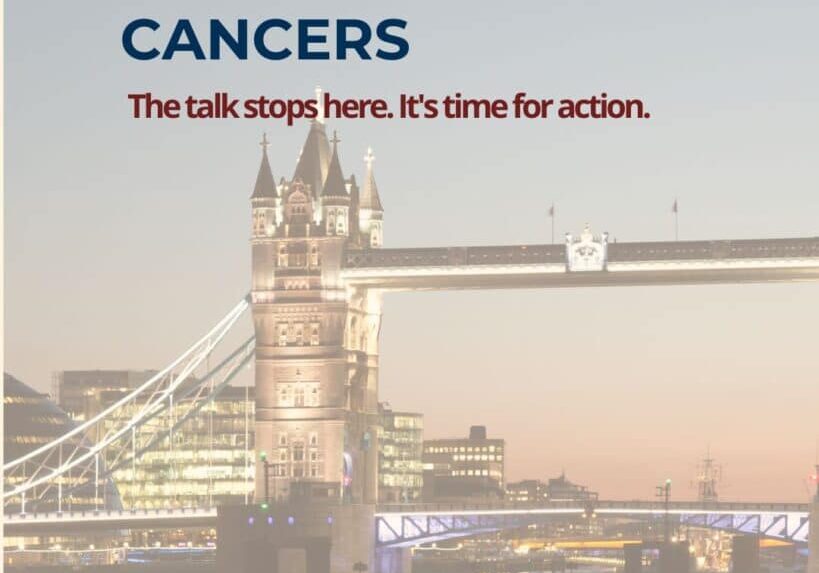
Join Us for an Evening of Research, Impact, and Conversation
Research & Impact EveningDate: Monday 28th April 2025Time: 6:00 PM – 8:30 PMVenue: Skyline, Tower Suites, 100 Minories, London EC3N 1JY A Celebration of Research Join us for a meaningful and action-focused evening where we’ll be diving into some of the big conversations around head and neck cancer – especially those linked to HPV (human…


